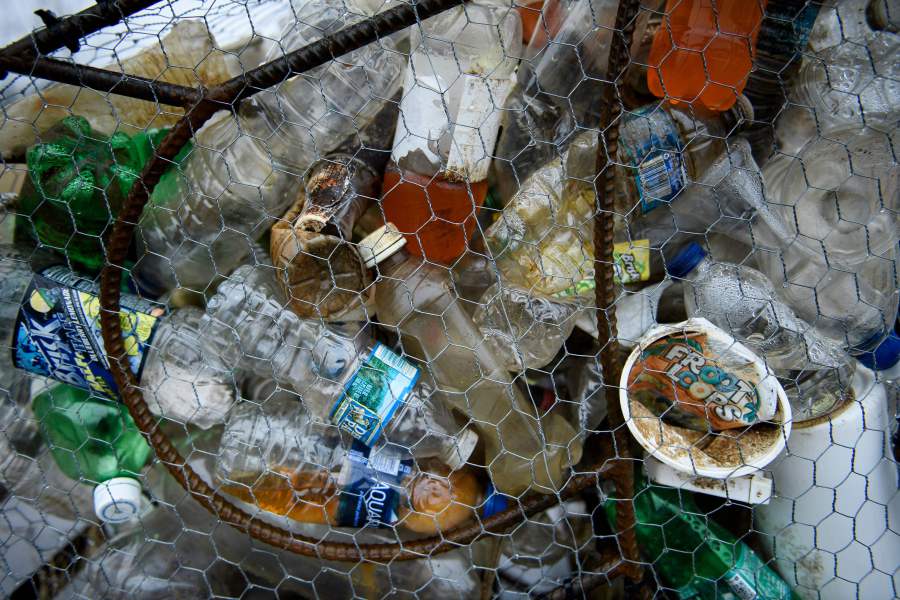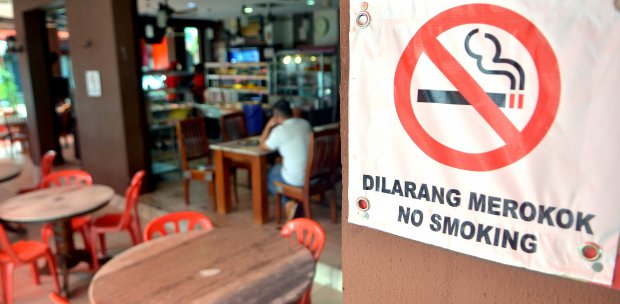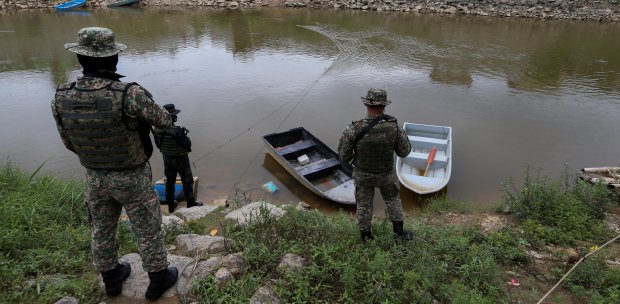LATEST research by the United States-based Center for International Environmental Law (CIEL), a public non-profit organisation, shows that Americans are ingesting plastics of all sorts the size of a credit card every week.
By that calculation, we are all walking plastics. The research isn't just stopping at being a mere study. It is calling for the law to test its theories against Big Plastics, mainly Big Oil.
The title of the report by the CIEL is itself a call to action: "Making Plastic Producers Pay: How cities and states can recoup the rising cost of plastic pollution."
For now, the report is directed at cities and states in the US, the most litigious nation in the world. A series of laws are being talked up by the CIEL: consumer protection, product liability and public nuisance.
Where do we start? Causation, the darling of tort lawyers, is a good place to begin. Plastics do not biodegrade. They accumulate in drains, rivers and landfills. And, as microplastics, they contaminate the human body, the report argues.
Armed with science and internal documents, the CIEL says petrochemical manufacturers and disposable plastic goods producers have known this for a long time and yet they continue to produce them. Numbers crunched by the CIEL show that the global production of plastics spiralled from 2 million tonnes in 1950 to 460 million tonnes per annum in 2019.
With such a mountain of plastics, it is not difficult to imagine the impact of plastic pollution on the purse of governments around the world.
Time, resources and money that could be better spent are being directed to repair damage to drainage systems, stormwater management facilities, water treatment plants, not to mention clean-up of public land and waterways.
The CIEL acknowledges that the problems with plastic production and pollution are not new. But two new developments have brought them into focus again. One is the increasing inability of plastic waste-producing countries in North America and Europe to offload their waste to other countries. In 2017, the US exported 1.6 million tonnes to China. In 2018, China banned waste imports. Others, like Malaysia, are doing the same. For the first time in decades plastic waste-producing countries are forced to confront the damaging consequences of plastic waste. The second development is the dramatic increase in public understanding of the hazards of plastic pollution.
CIEL says new studies are being released at an ever-accelerating pace, linking the harm caused by plastics to the companies that produce them. Hence the call to action by CIEL. As one news portal in the US puts it, nearly 60 suits have been filed in courts from South Carolina to California since 2015. Baltimore joined the list this month, suing six plastic-producing companies.
But it will be an uphill task, even in the US where class action is common. Remember the tobacco titans? With deep pockets, they live to fight. In class action unfriendly Malaysia, plaintiffs may have a mountain to climb.
Environmentalists and non-governmental organisations just don't have the locus standi to pursue a legal action on their own, says lawyer Arik Zakri.
The best case scenario is regulators imposing fines or hauling them to court. Of which, we don't hear much.





